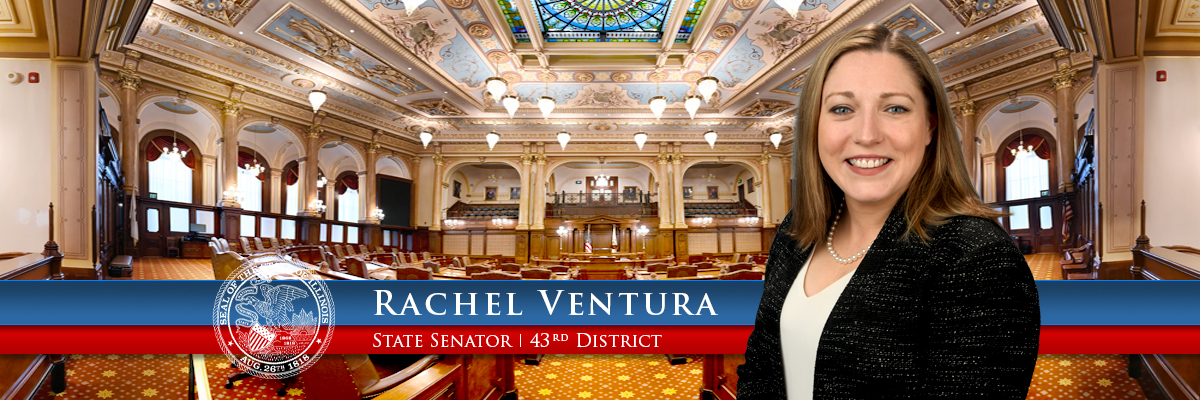
Investing in communities and infrastructure is paramount for driving economic development, enhancing quality of life, and ensuring long-term sustainability. The future will focus on technology and it is so important that we view broadband as a utility of necessity. That is why I support public broadband to compete in the free market, keep costs low, and ensure access for everyone. Recognizing this significance of all infrastructure, I championed the passage of these bills to tackle critical needs.
Senate Bill 851 places a strong emphasis on upgrading broadband connectivity in essential public institutions such as schools, libraries, and correctional facilities. This initiative guarantees fair access to vital services and resources for all residents, particularly those in underserved areas. With improved broadband access, students can access online learning resources, businesses can engage in e-commerce, and communities can stay connected, fostering economic growth and innovation. Senate Bill 1437 looks to expand the middle mile of broadband fibers in the state to provide reliable broadband service to all areas and begin creating the public network needed for the future.
Concurrently, Senate Bill 1438, known as the Illinois Dig Once Act, aims to streamline infrastructure deployment by minimizing redundant excavations along transportation corridors. By coordinating the installation of electric lines, water pipes, broadband networks and other public utilities, this legislation optimizes the use of resources and reduces disruption to communities. Efficient infrastructure deployment not only saves time and money but also enhances the resilience of critical systems, ensuring reliable access to essential services.
These legislative initiatives reflect our proactive stance in modernizing Illinois's infrastructure. By bolstering broadband connectivity and streamlining infrastructure deployment, we are laying the foundation for economic resilience and fostering inclusive growth statewide. With increased storms, the more lines that can be laid underground, the less impact everyone will experience. Additionally, I'm actively advocating for increased infrastructure investment in the 43rd District.
Senate Bill 2784, the Cargo Transportation Fee Act, is another initiative aimed at addressing infrastructure needs in our district. This bill proposes levying a fee on cargo vehicles leaving inland ports to support the maintenance of roads impacted by heightened truck traffic. This investment is particularly crucial for areas like the CenterPointe Intermodal Port in Joliet, where infrastructure upgrades are essential to support economic development and ensure the safe and efficient movement of goods.
Through these efforts, we are working to build stronger, more resilient communities and ensure that every resident has access to the resources and opportunities needed to thrive.





